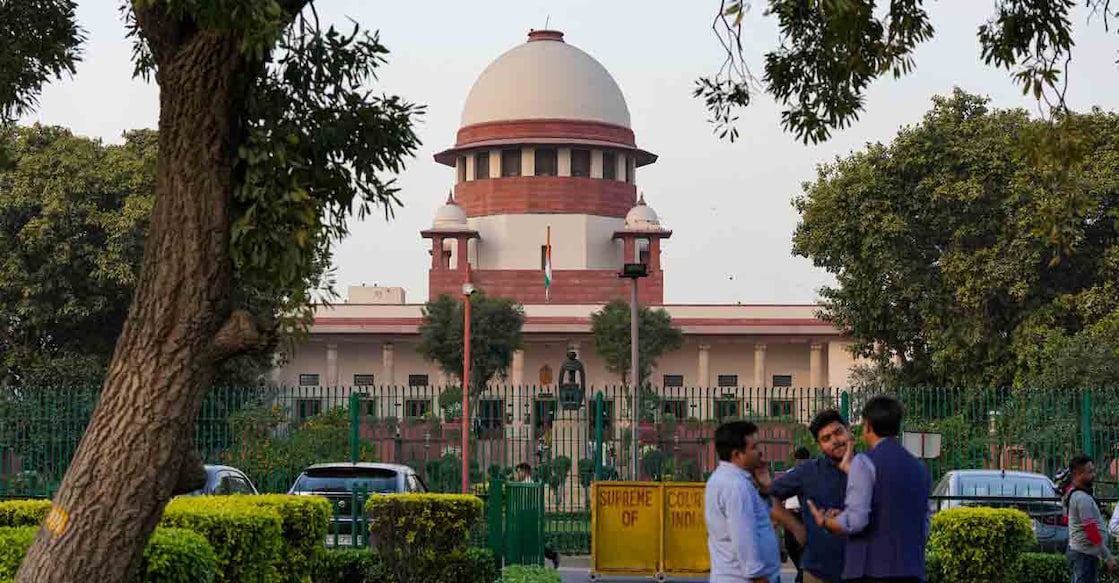SC setback for quarry owners seeking to overturn Kerala HC order

Mail This Article
New Delhi: The Supreme Court has made it clear that quarrying cannot be carried out on land assigned under title (pattaya land) for agriculture and housing.
The Supreme Court was considering a petition filed by quarry owners against the order of the Kerala High Court that land assigned under the Land Assignment Rules (1964) for agriculture, housing and such other purposes should be used only for the stated purposes.
The quarry owners prayed for withdrawal of the petition after the judges, Justice B R Gavai, Justice Vikram Nath, and Justice Sanjay Karol, stood firm on their stand. The court, which allowed this, granted permission for filing a review petition in the High Court.
Argument of quarry owners
The quarry owners argued that there were provisions in the Centre’s Mines and Minerals (Development and Regulation) Act and the Kerala Minor Mineral Concession Rules to allow quarries in pattaya lands. Granite quarries have been functioning for years on the basis of this, they argued.
The court, however, pointed out that the Rules prohibited use of pattaya lands for any other purpose and questioned how impermissible activities such as granite quarrying could be carried out.
The quarry owners argued that the government had issued an order in 2019 in this connection and that while this was in force, there was no need for an amendment. The permission to file a review petition in the High Court was given when the petitioners pointed out that the High Court had not considered this aspect.
V Giri, E M Sadrul Anam, M K S Menon, Muhammad Sadiq, and V Usha Nandini appeared for the quarry owner petitioners, including Poabs Granites, while Prasanth Bhushan and James P Thomas represented Thrissur native and farmer V Srinivasan. C K Sasi, standing counsel, appeared for the Kerala Government.

